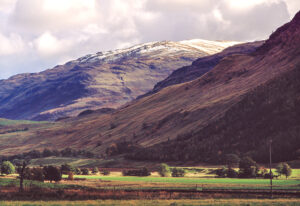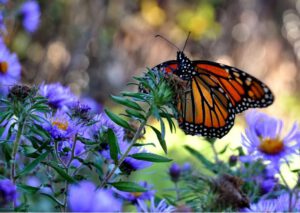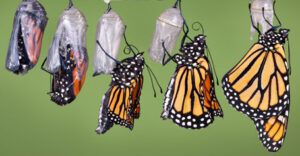 Prior to the current days of isolation, in my Spiritual Companioning practice, I met with some folks at a distance, on Facetime. My sessions begin with a time of guided prayer. I use a book by Joyce Rupp as a resource. Recently, with someone I usually meet in person, it happened that Rupp’s 10-line prayer for the day was based on the second verse of Psalm 121. Even though I had looked at the prayer before our meeting, I had not noticed its source text until I picked it up to read with my client. I was suddenly overcome with tears. Psalm 121 was my father’s favourite Psalm. I had to stop reading. I did something I promised myself I would never do again. I apologized for my tears.
Prior to the current days of isolation, in my Spiritual Companioning practice, I met with some folks at a distance, on Facetime. My sessions begin with a time of guided prayer. I use a book by Joyce Rupp as a resource. Recently, with someone I usually meet in person, it happened that Rupp’s 10-line prayer for the day was based on the second verse of Psalm 121. Even though I had looked at the prayer before our meeting, I had not noticed its source text until I picked it up to read with my client. I was suddenly overcome with tears. Psalm 121 was my father’s favourite Psalm. I had to stop reading. I did something I promised myself I would never do again. I apologized for my tears.
When my children were growing up, we listened to records. One of our favourites was Free to be You and Me, by Marlo Thomas. One of the songs goes like this:
“It’s alright to cry. Crying gets the sadness out.
It’s alright to cry, it might even make you feel better.”
I promised myself not to apologize for tears when I heard over and over again at the bedside of the sick and dying, “I’m sorry”, when tears emerged. Tears are a gift. They cleanse and heal.
We are all grieving. My invitation is to not be afraid of your tears as you experience the daily losses. There is no hierarchy of loss and pain. If something important to you is gone, even temporarily, it is normal and natural to be sad or angry about it. Lean into those feelings, let the tears come if they are there. If that is hard, write about it, put on music or read a poem that takes you there, like this one did for me;
My Help
Psalm 121:2
Looking back on my life
I cannot count the times
I’ve called for your aid.
Looking back on my life
I cannot count the times
You were there for me.
Looking back on my life
I cannot count the times
When I forgot you were near,
And fell into the pit of my woes.
When you need help, call out to the one Rupp names “my help,” and don’t apologize for any tears that are part of the response. You might even feel better! Blessings.
Rupp, Joyce, Fragments of Your Ancient Name: 365 Glimpses of the Divine for Daily Meditation, page, March 24.



